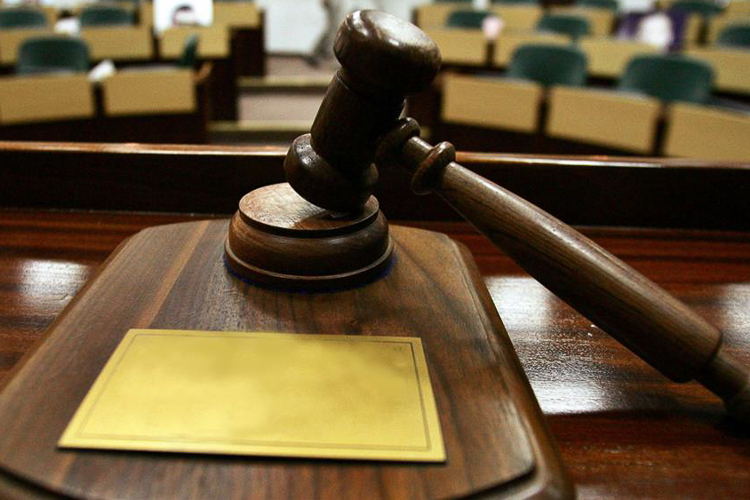
The hearings could take place in the absence of respondents if these do not show up and give their written consent for the hearing to be held in their absence. It will happen not only in case of minor offenses as now. The Constitutional Court pronounced a decision concerning the exception of unconstitutionality of Penal Procedure Code provisions based on a request made by lawyer Xenofon Ulianovschi, IPN reports.
“The Court imagines the situation of persons who, due to old age or the state of health, could not come to the hearing, but wanted their trial to continue. Applying the challenged norms, the court was to put off the hearings endlessly as the situation of these persons didn’t match any exception stipulated by law. For these persons, such a solution would meant denial of the right to a fair trial conducted in a reasonable timeframe. Their forced bringing would not solve the problem, but would rather worsen it as their rights to dignity and health could be violated,” the president of the Constitutional Court Domnica Manole stated in a press briefing.
The Court noted that even if the presence of the defendant at a hearing is of special importance for ensuring the equitable character of the trial and the lawmaker is obliged to institute mechanisms for ensuring presence at the hearing, these should not paralyze the procedures of the court. When the two principles are put on scales, the lawmaker should find a correct balance, which is the solution that would not subordinate a principle to the detriment of another.
Domnica Manole also said that the courts should determine if there are exceptional circumstances and objective reasons that justify the absence of the defendant from the hearing, like the state of health or old age, and if the decision not to attend is voluntary and does not run counter to a more important public interest.
In such conditions, the Court requested Parliament to regulate these guarantees in accordance with the reasons of its decision.
The decision is definitive, cannot be challenged and takes effect when it is adopted and is published in the Official Gazette.












